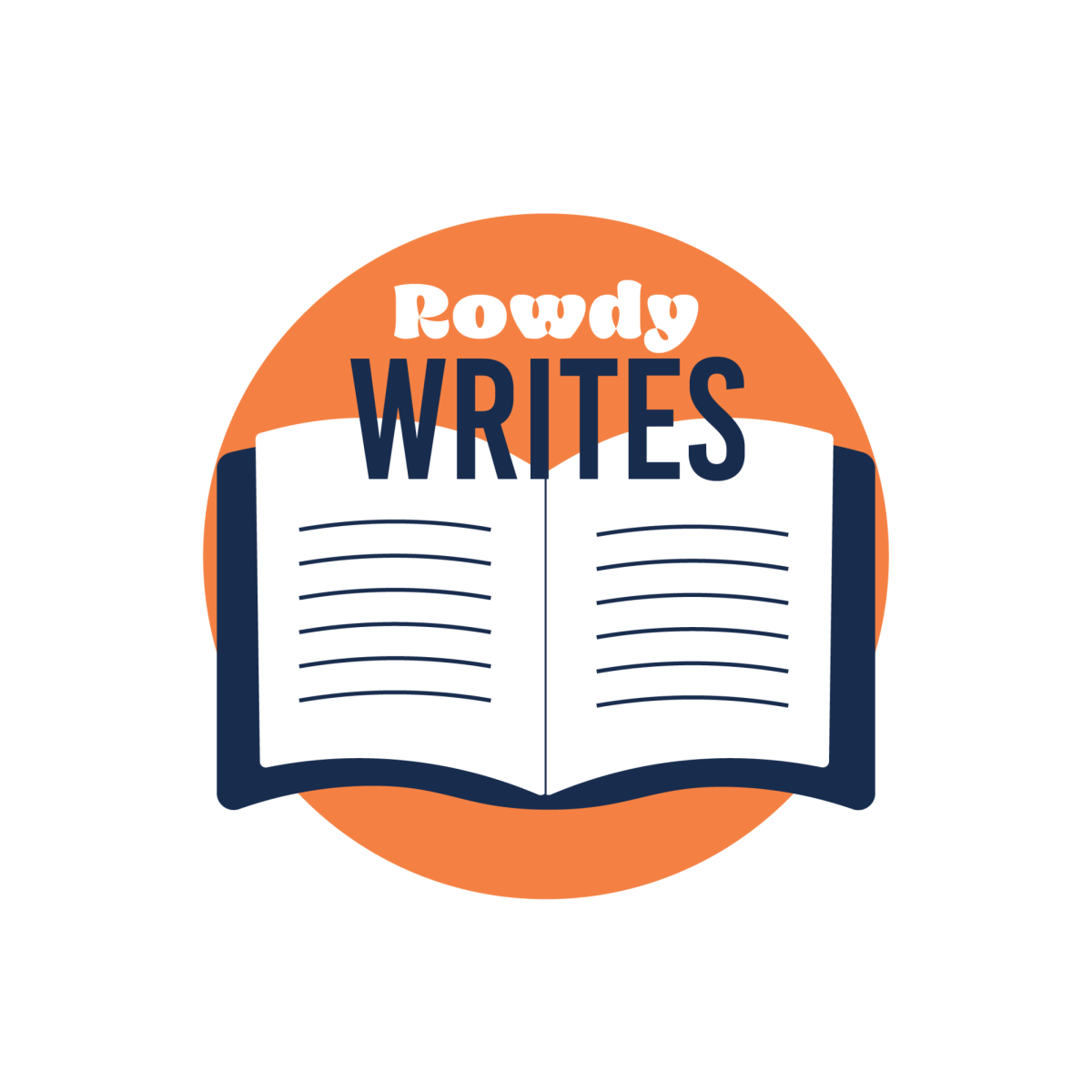

Courtesy Photo
For one night only, a Pulitzer Prize-winning poet will grace the UTSA campus with her presence on Nov. 16.
Natasha Trethewey, the 19th Poet Laureate of the U.S., will be making an appearance as a part of the UTSA Creative Writing Reading Series, which is organized by the Creative Writing Program on campus. This Friday (Nov. 16) at 7:30 p.m. at the Denman room (UC 2.01.28), students can listen to a discussion by Trethewey regarding her work.
On June 7, 2012, Trethewey was named Poet Laureate, a prestigious honor by the U.S. Library of Congress, which gives poets the opportunity to write poems for special occasions. At age 46, she is the youngest recipient of the award. Previous poets honored with the title include Rita Dove, Stanly Kunitz and Billy Collins. The first Poet Laureate was Robert Penn Warren in 1986.
The upcoming presentation will highlight some of Trethewey’s most popular work with a look into her latest collection of poems, “Thrall,” which came out this past August. Much of the poetry in “Thrall” speaks of the racial injustice and prejudice that occurred during the Civil War era. Since she was born on Confederate Memorial Day, Trethewey felt she was destined to explore the struggle of the people during that time and express their untold stories. Trethewey has always been known to push boundaries by bringing the issues of race and culture to the table.
Trethewey’s work is rooted in the theme of racial identity and how history has an effect on one’s personal background. Born in Gulfport, Miss., Trethewey was inspired by her own personal story as a mixed race person. Her parent’s courtship was illegal in Mississippi, so they were forced to wed in Ohio. In her poem “Miscegenation,” Trethewey was inspired by the journey of her parents’ marriage.
From a young age, Trethewey faced many tragedies in her life. At six years old, she witnessed the divorce of her parents, Gwendolyn Ann Turnbough and Eric Trethewey. Moreover, while Trethewey was attending the University of Georgia, her mother was murdered. Trethewey chose to voice her reaction to her mother’s death by writing poetry.
Most of Trethewey’s work takes its reader into the personal stories of underrepresented groups in the 1800s. Her characters stem from a conglomerate of different people and their struggles in the Civil War. In “Bellocq’s Ophelia,” Trethewey’s second published work, the character Ophelia symbolizes all women during this time period who have stories that were never told. Trethewey wants her readers to know that these types of people existed even though there is not an official record of it.
Trethewey’s style of writing has always been a signature trait of her work. She writes in the form of a personal letter or subconscious thought. By applying imagery and symbolism in her work, Trethewey conveys a connection between her subject matter and the oppressed people of African American descent.
Trethewey graduated from the University of Georgia with a B.A. in English and received an M.A. in English and Creative Writing from Hollins University. She also holds a M.F.A. in poetry from the University of Massachusetts. Trethewey is now a professor at Emory University in Atlanta, Ga., where she teaches English and creative writing.
Trethewey has many accomplishments under her belt. Upon the release of her first book, “Domestic Work,” she was awarded the Inaugural Cave Canem Poetry Prize, the Mississippi Institute of Arts and Letters Book Prize and the Lillian Smith Award for poetry. Trethewey has published five books, “Domestic Work,” “Bellocq’s Ophelia,” “Native Guard,” “Beyond Katrina” and “Thrall.” All of her works have received wide critical acclaim and positive reviews. She has been featured in many esteemed journals, such as “American Poetry Review,” “Gettysburg Review,” “Agni,” “The Southern Review”and others.
From Trethewey’s point of view, everyone has a story. It is our civic duty to make sure that these stories don’t get lost in the clutter of information. In every part of the world, there are people accomplishing amazing things or facing hardship. Every story of every life is worth knowing.











